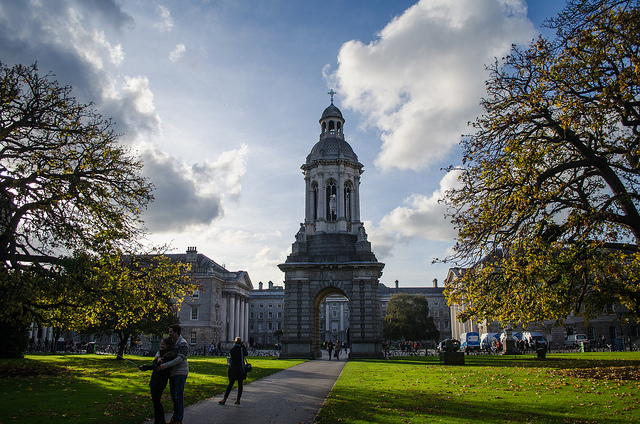Researchers from Trinity invited the publicthis week to share 20 years of research identifying progress in the field of autism genomics.
The “What’s next in Autism Genomics?” conference held in Dublin this week provided a forum for members of the public to engage with the question of whether the study of our DNA has the potential to transform autism research. Attendees listened to highly regarded national and international speakers, who outlined the latest advancements in autism research with a specific focus on genomics.
Speaking on the importance of today’s event, research assistant Prof Lorna Lopez of the School of Psychiatry said in a press statement: “Our team are delighted to have hosted this event today – we wanted to highlight two key health research areas: autism and genomics, and there is no better way to do this than to get a group of experts in a room together – parents, advocates and researchers. We hope that today is the start of a research community that’s connected and committed to doing the best research.”
“Today was about providing more knowledge on genomics and empowering our families with patients to understand the role of genomics in clinical care”, Lopez stated.
Autism is a lifelong neurodevelopmental disorder that affects almost 50,000 individuals in Ireland currently. It is defined by deficits in social interaction, communication and a rigid and repetitive behavioural style. Advances in molecular genetics are helping to highlight the underlying mechanisms in the brain that might be involved.
This autism research over the past 20 years has contributed to many advances that currently impact on clinical care, such as the implementation of certain routine genetic screening in autistic people. Through engagement with the community at events like this, researchers can seek guidance from participants regarding the direction of future genomics studies. This is particularly important due to the ethical questions genome sequences raises.
A popular aspect of this week’s event was the World Café Lunch, where family members got the opportunity to sit down with researchers to discuss the challenges, opportunities and the potential for therapeutics, and learned how the public can drive the research agenda for autism genomics.







